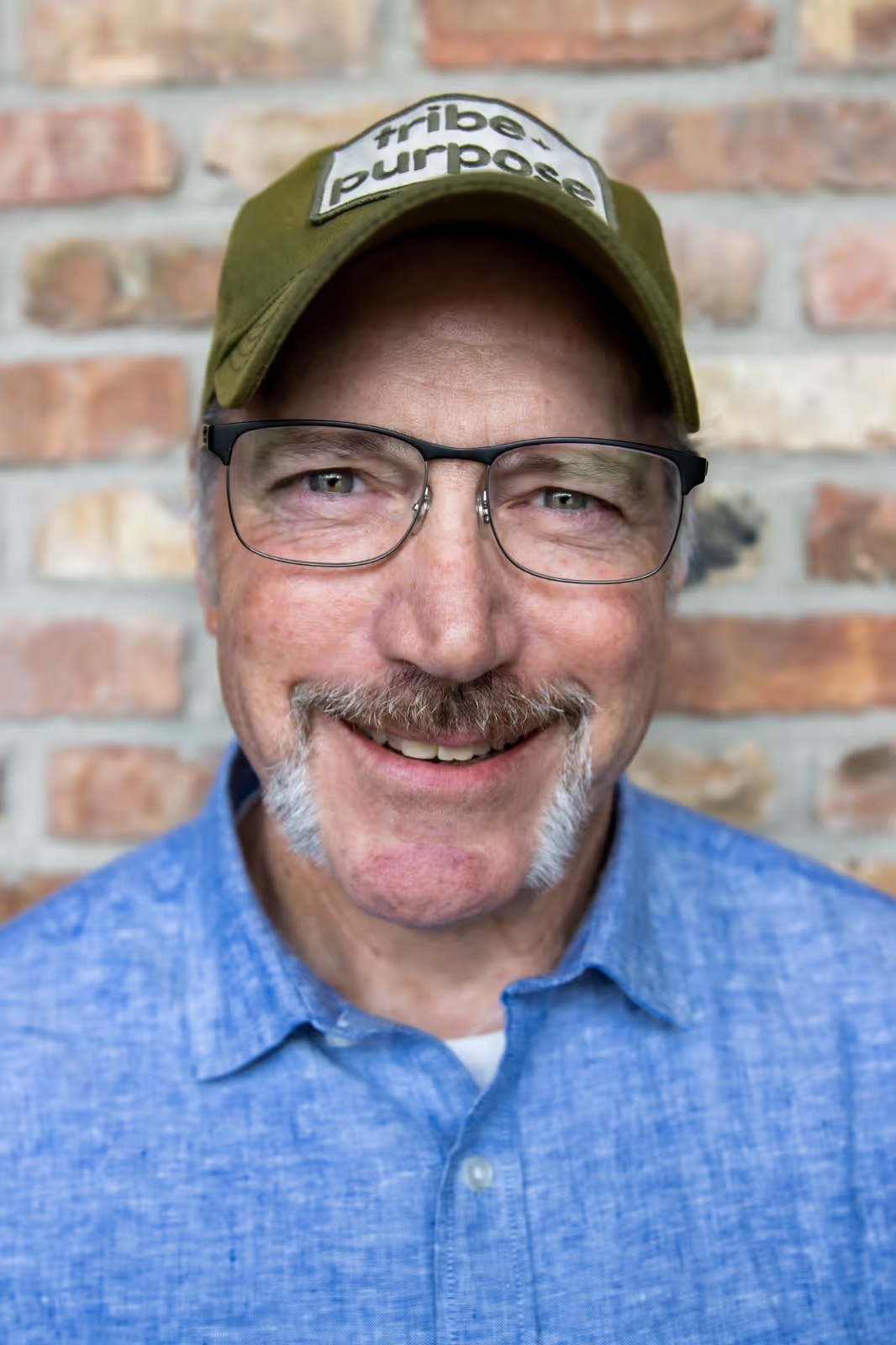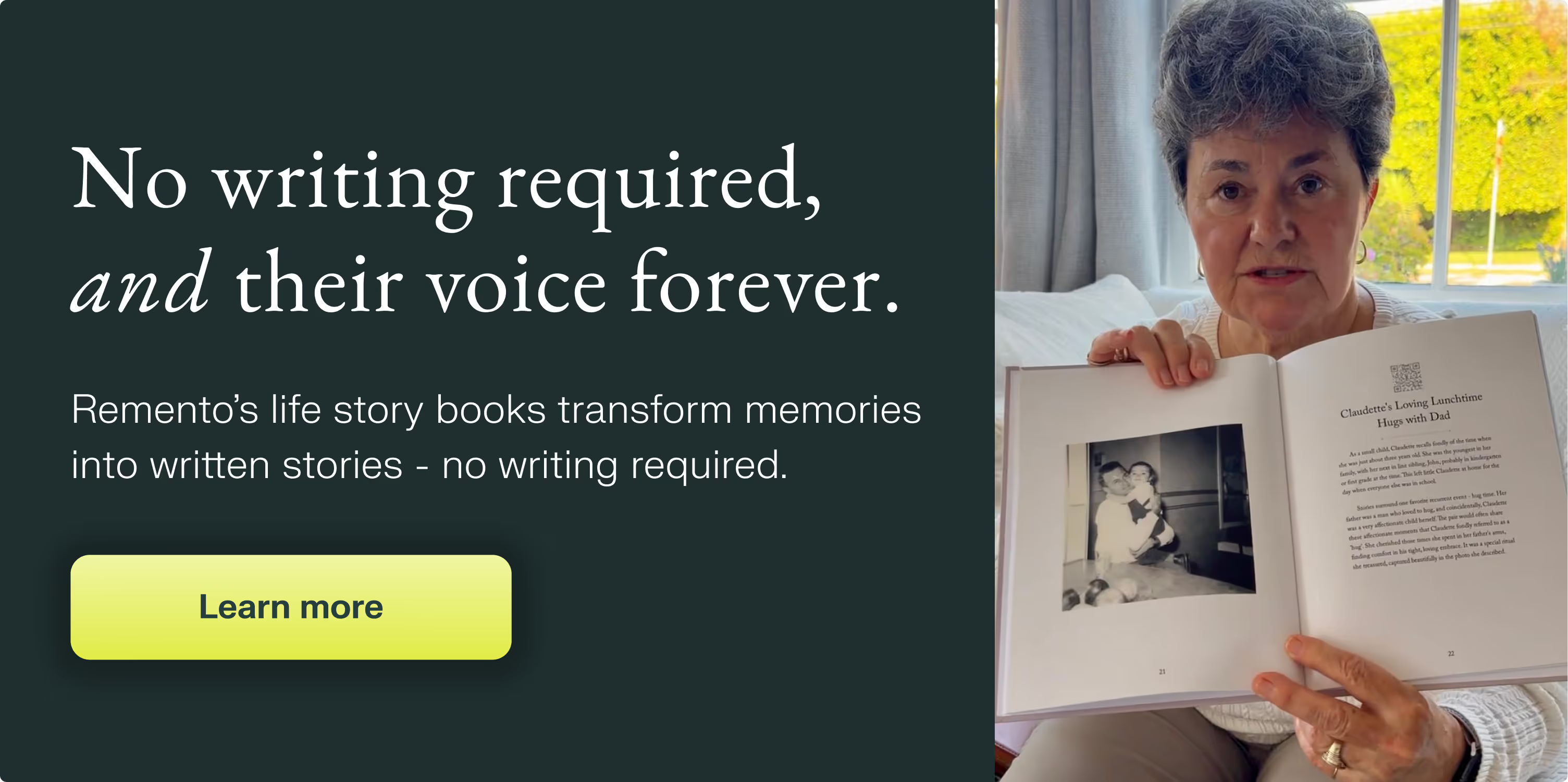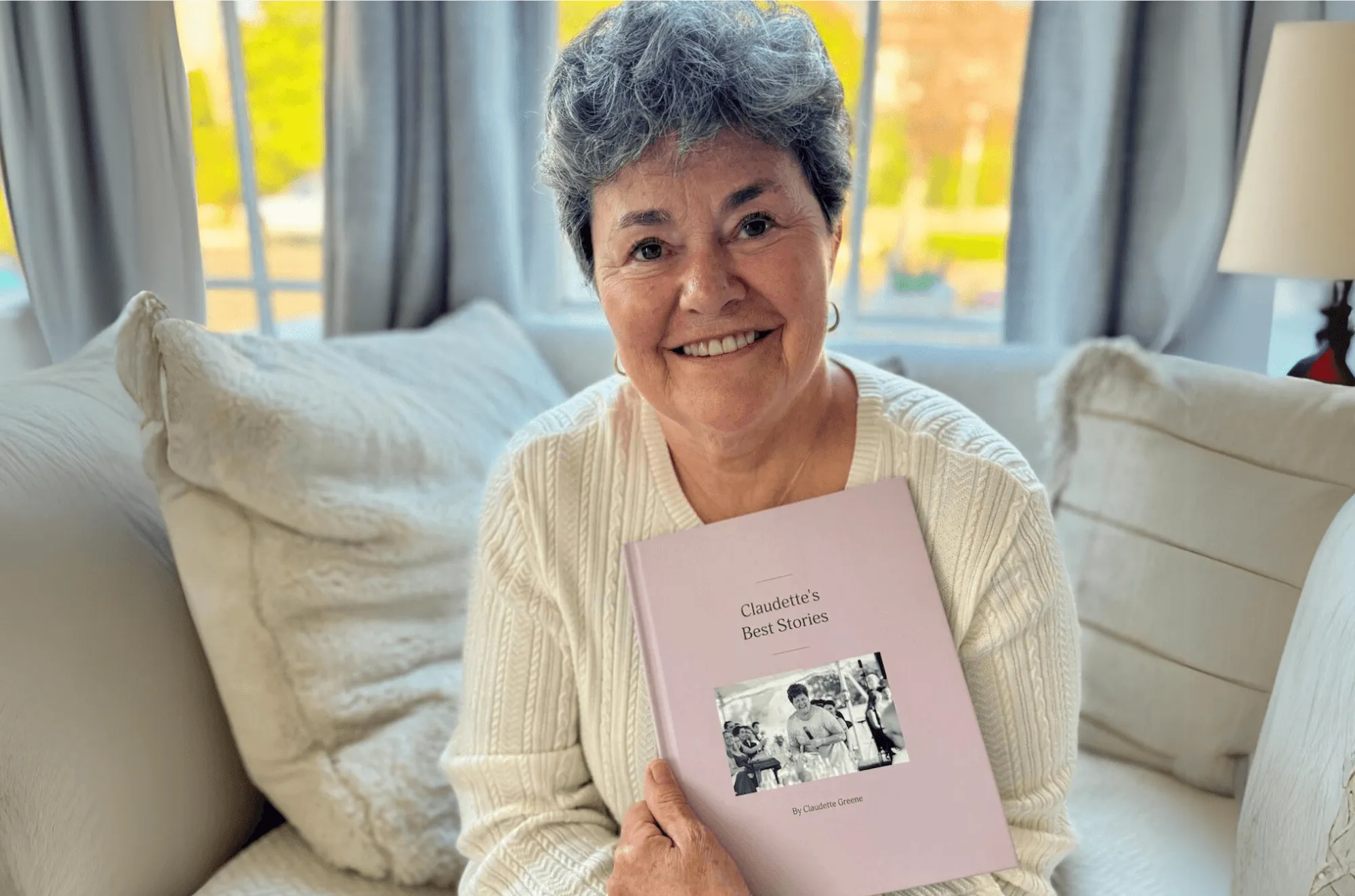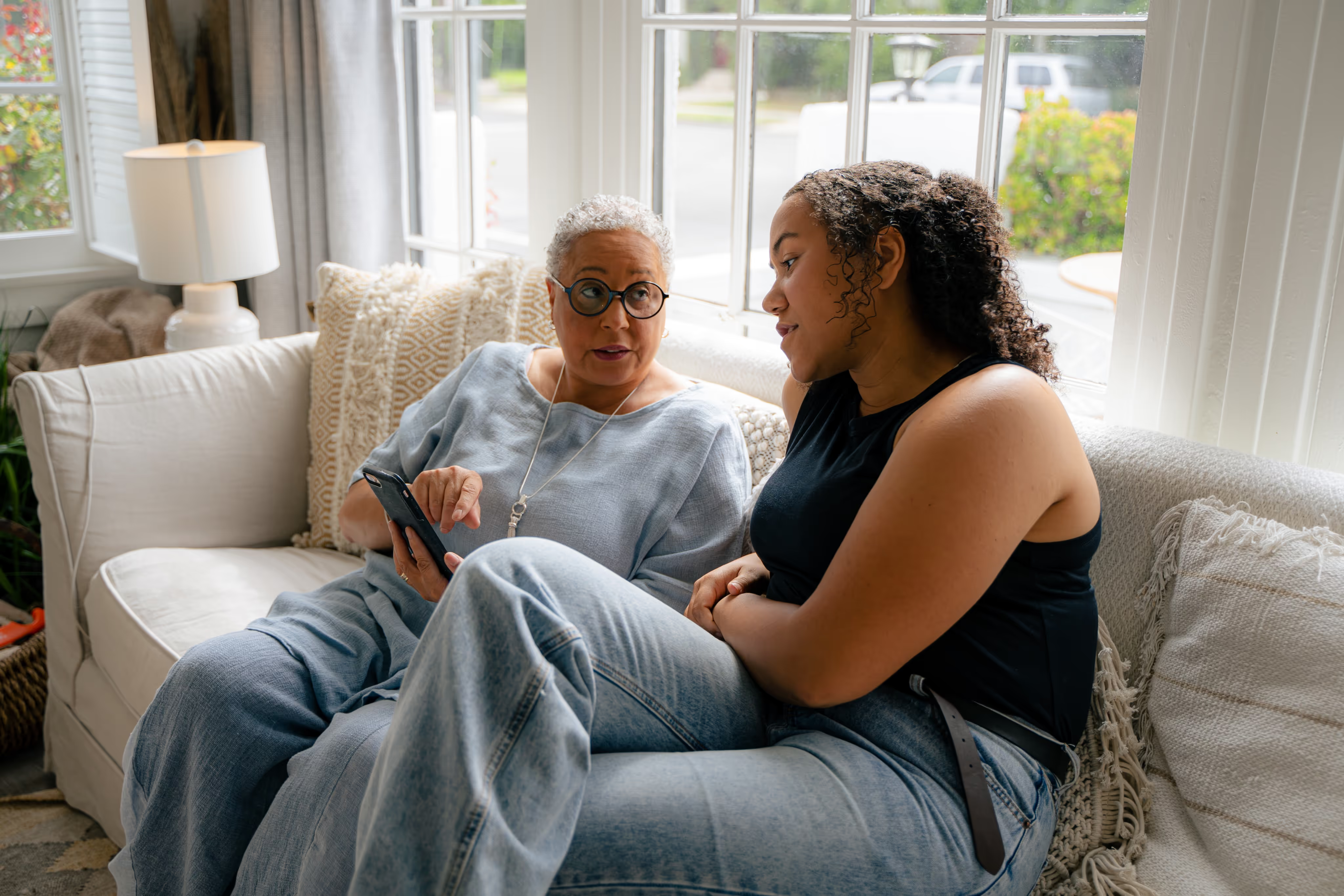Guaranteed to teach you things you never knew.
Why You Should Ask Veterans About Their Service
Retired Special Forces Lieutenant Colonel, Otis McGregor, shares his thoughts on why soliciting and listening to the stories of veterans and their experiences is important to overcoming stereotypes and honoring the legacy of those who served.
Retired Special Forces Lieutenant Colonel, Otis McGregor, shares his thoughts on why soliciting and listening to the stories of veterans and their experiences is important to overcoming stereotypes and honoring the legacy of those who served.
Help Overcome Stigmas

Somewhere, some time ago, we decided to put a label on military veterans as damaged people. The media and entertainment industry helped exaggerate this, with veterans often portrayed as having hidden mental problems or capable of snapping at any moment. While trauma, PTSD, and other mental health issues facing veterans are real problems we need to better address, this overly broad characterization can exacerbate communication problems between veterans and the people around them. It can create uncertainty and trepidation about how to ask about a veteran’s experiences and even prevent them from getting the support they need.
People choose military service for many different reasons, but most - whether a single enlistment (~3 years) or a 30-year lifer - will tell you that they were part of something bigger than themselves and served a greater purpose with a group of other like-minded individuals. The call to serve goes beyond the mission to support and defend the Constitution, quickly becoming about the soldiers, sailors, Marines, and airmen to their left and right. No one wants to let their buddy down, whether in combat or on a morning run, and powerful stories and lessons can come from these shared experiences. Applying a blanket label to an entire group of people is damaging - no group is a monolith. And that applies to the stigma of not asking a veteran about their service for fear it may upset them.
A Way to Honor Their Legacy
As someone who served in the Army for 25 years, starting at the age of 19, I love to share my stories and experiences. I attribute much of my success to the men and women I served and worked with every single day. I would not have achieved what I have if it weren't for the life lessons and friendships that came from my service. The stigma of "He could snap at any second," creates a fear from those outside the veteran community and a separation between those who served and those who didn’t. What is lost is the opportunity to share our stories. We create our legacy when we share our stories, veteran or not.
“We create our legacy when we share our stories, veteran or not.”
- Otis McGregor
Our legacy isn't some narcissistic way of putting a mark on history. It’s about sharing who we are and what we’ve learned as a gift to others. It’s also a way to remember those who are no longer with us; to honor their memories. I consider myself lucky when it comes to this category. I know of many people who were killed in combat, but have only lost a few close friends. One thing I know is that those men and women did not die in vain. The best way for me to honor the legacy of everyone I served with, those who fell and those who came home, is to remember their names and share the stories of who they were.
Whenever I get together with a group of veterans, we always share stories about what we did and where we served - and, of course, give each other a hard time. That's easy and keeps the stories alive in the veteran community. But what if we shared more of those stories outside of the veteran community? Can you imagine? The legacy we would create for the veteran community would grow exponentially. This legacy isn’t just for the veterans; it’s for all involved. The life lessons that can be gained by sharing these stories are infinite.
Discover Powerful Stories
I don't know any veterans unwilling to share stories about their experiences and what they did to serve our nation, but I do know people who are afraid to ask these veterans about their service because of a stigma. Most veterans I know would happily stop whatever they are doing to tell you about the people they served with and about what they enjoyed during their time in the service. You just need to be willing to take the time to ask and listen. Be courteous, respectful, and willing to listen, but don’t let the fear of asking the wrong thing prevent you from learning, honoring, and supporting the veteran in your life.

12 Questions to Ask a Veteran About Their Service
If you’re unsure where to start, try these simple questions to get the conversation started:
- Where did you serve?
- Where was your favorite place to live?
- What type of unit were you in?
- How hard was basic training?
- What was the best training you received?
- Where was the best place you got to visit while serving?
- What was your drill sergeant’s name?
- Who was your first commander?
- What’s something that you learned that you still refer to?
- Who was your best mate in your unit?
- Who was someone that you admired?
- What was the hardest job you did in the military?
Want to preserve the memories of a veteran?
With Remento, it's never been easier to turn the memories of a veteran in your family into a book of their stories. All of these questions listed above an be found directly in their Remento question bank. Simply add these questions to their queue and they'll be invited record their answers from a favorite device - no downloads required. Then, Remento turns their recordings into written stories, each of which is printed into a hardcover, keepsake book. Read the book, or scan the QR codes within it to hear their voice. Learn more about Remento today.

About Otis McGregorOtis McGregor served in the US Army for 25 years, including 17 years as a Special Forces Green Beret. He is an author, acclaimed speaker, and podcast host focused on the topic of leadership. He runs coaching and leadership firm Tribe + Purpose with his son Camden.
Next up: How to Participate in the Veterans History Project
If you or someone you know may be struggling with post-traumatic stress disorder (PTSD) please visit The National Center for PTSD to access information about treatment, programs, and other resources.

Their stories, forever at your fingertips
Remento’s life story books turn a parent or grandparent’s memories of the past into a keepsake book for the future - no writing required.
Capture priceless family memories today
Join the thousands of families using Remento to preserve family history, all without writing a word.
.avif)
